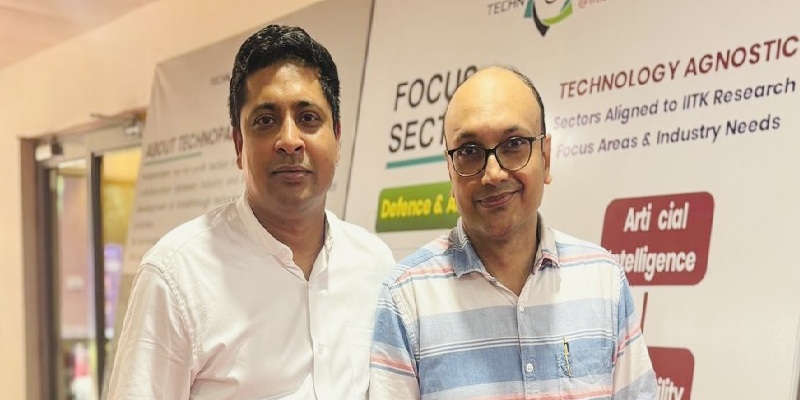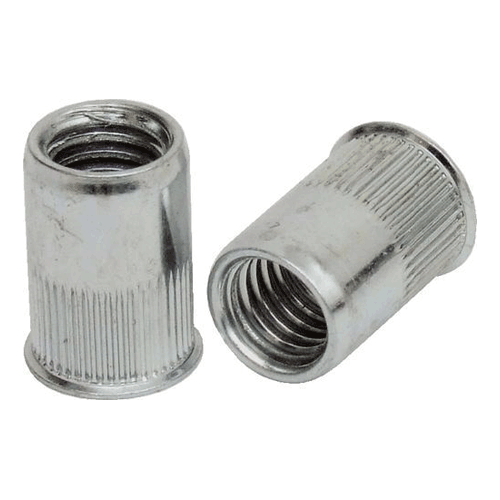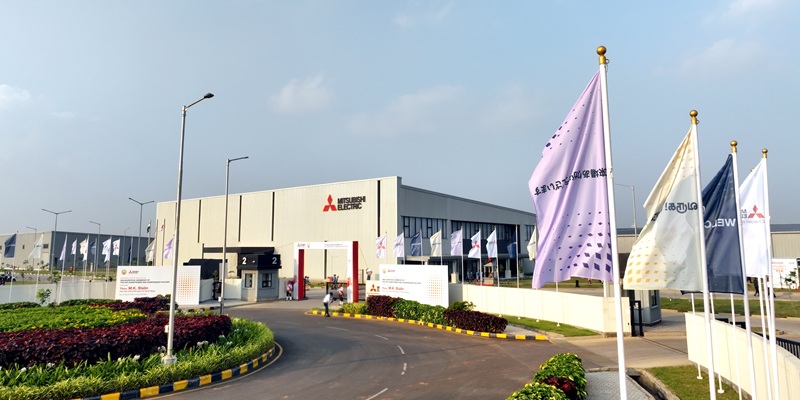Schedule a Call Back
Technology will drive the manufacturing sector of tomorrow
 Interviews
Interviews- Jun 07,18

Automotive: We already have the world’s leading brands having their manufacturing plants in India. With time we will see surge in the number of new entrants and carmakers carrying out end-to-end development and manufacturing domestically.
Aerospace and space: With government allocating dedicated SEZs for aerospace manufacturers and with ISRO already working with foreign countries to launch their satellites, this sector will grow manifolds in the years to come.
Defence: With the increasing focus on indigenous artillery, equipment, weapons and allied defence systems development, this sector will experience huge growth in the following years.
Heavy engineering and earth moving equipment: Government’s serious focus on building the infrastructure will help this sector experience enormous growth.
Process industry: Growing chorus for water harvesting, recycle and treatment initiatives, plastic and paper recycle, harvesting solar and wind energy, evaluating oil exploration in Indian waters, researching new ways and means for augmenting agricultural productivity, indicates huge potential for growth in this segment.
Consumer goods: With the greater than before disposable incomes, the consumption powers of the people are growing. This will necessitate greater demand for consumer goods and commodities and hence this sector will experience steep growth.
Why is it important for India to adopt new-age manufacturing technologies?
Related Stories

Sagar Defence Invests in EndureAir to Advance Indigenous Aerial Robotics
Sagar Defence Engineering has announced a strategic investment in EndureAir Systems to strengthen indigenous unmanned and autonomous aerial robotics capabilities for India’s defence ecosystem.
Read more
India’s Manufacturing Mission: What Make in India Got Right and Wrong
A decade after its launch, Make in India shows sectoral progress but structural gaps remain. As global manufacturing turns VUCA, the next phase must focus on value addition, jobs and ecosystems, say..
Read more
Manufacturing Excellence in the Age of Integrated Automation and Industry 4.0
Manufacturing leadership is shifting from scale-driven efficiency to integrated, data-led systems that deliver resilience, sustainability and enterprise-wide performance through Industry 4.0 and aut..
Read moreRelated Products

Premium Quality Reduced Head
Advance Hydrau Components Pvt Ltd offers an array of rivet nut, reduced head.

Blended Learning
Eduquestindia Institute Pvt Ltd offers Blended Learning. There is often a debate around the thought as to which is a better approach to training and development for corporates. On the one hand, the Read more

Rapid Authoring
Eduquestindia Institute Pvt Ltd offers Rapid Authoring. The business environment in which the modern day corporates operate is quite intriguing. An increased competition over time has brought in ad Read more















